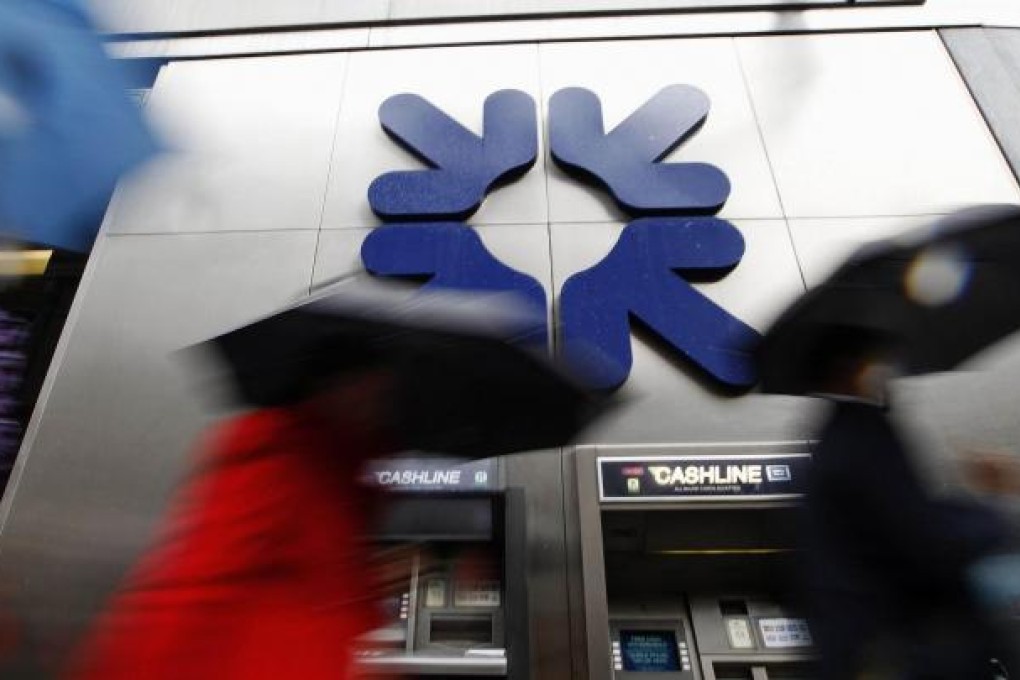Banking giants find big is no longer beautiful
Stricter capital rules mean that it will cost them more to have operations in different countries

Global banking, a model promoted for more than 30 years by financial conglomerates cobbled together through cross-border mergers, is colliding with the post-crisis reality of stricter national regulation.
Daniel Tarullo, the Federal Reserve governor responsible for bank supervision, announced plans last week to impose the same capital and liquidity requirements on the US operations of foreign lenders as on domestic companies.
Britain and Switzerland also have proposed banking and capital rules designed to protect their national interests.
Regulators want to curtail risks exposed after global banks such as New York-based Citigroup, Edinburgh-based Royal Bank of Scotland and Zurich-based UBS took bailouts in the biggest financial crisis since the Great Depression.
Forcing lenders to dedicate capital and liquidity to multiple local subsidiaries, rather than a single parent, may undermine the business logic of a multinational structure.
"Being big and spread out all over the world isn't what it used to be," said Mayra Rodriguez Valladares, managing principal at New York-based MRV Associates, which trains bank examiners and executives.
